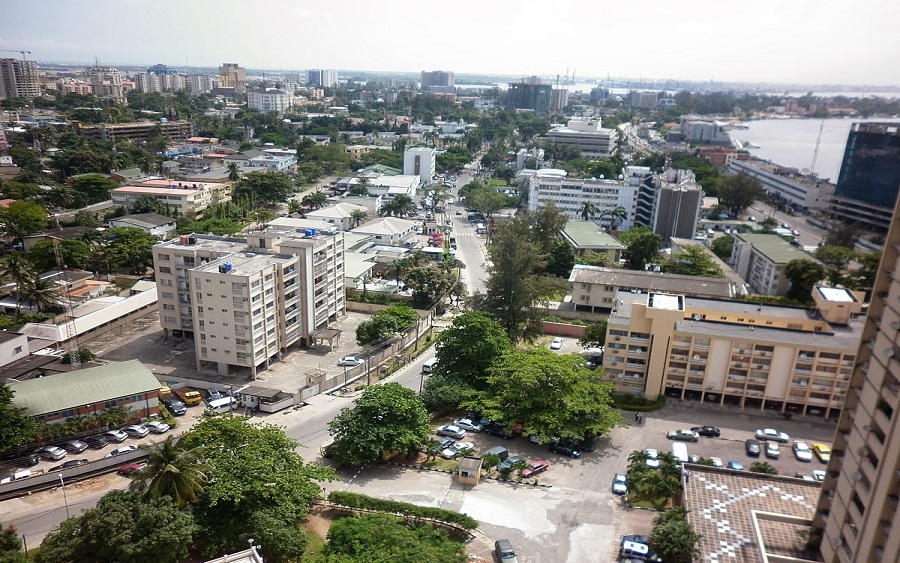As Nigeria’s macroeconomic conditions keep changing, consumer preferences and purchasing decisions are affected. This includes investors who are looking to acquire assets for investment purposes. With real estate being the biggest asset class globally, and the largest investment owned by most individuals, changes in property price especially at the rate we see here in Nigeria; where there is little or no mortgage access raises concerns.
As property prices continue to surge alongside the current inflationary pressures within the Nigerian economy, buyers have begun asking questions about the sustainability of the Nigerian real estate market and likening it to a Ponzi. We analyzed 5,000+ properties over the past 12 months across different locations in Lagos and saw a 24% YoY inflation in the price of properties that are available for purchase in Lagos as of June 2022. While these are asking prices, and subject to negotiation, the demand-supply mismatch within Lagos means leaves the bargaining power in the hands of the supplier and hence sale price ends up being the asking prices or at least very close. What is even more interesting is that in some locations, the average surge in the price of properties listed on our platform almost doubled.
If the market forces were the only determinant of the price index, you would expect that price increase would correspond with inflation at 18.6%. In advanced climes, annual property sales price changes typically do not go beyond 10%. For instance, asking prices for properties advertised for sale in the UK within the past year were 9.3% higher than a year earlier according to Rightmove, UK’s largest property portal. In rare scenarios where there is hyperinflation, or where the economy has consistently seen healthy growth, annual property price changes can go as high as 15% in mature markets. Due to the peculiarity of emerging markets such as Nigeria, prices can be expected to go as high as 15% but this does not justify the hike we have seen in the past year. Of course, the construction material costs drove prices up, but market sentiments, lack of price regulation, and the opaqueness of Nigeria’s market specifically are putting buyers at a disadvantage when making offers.
The effect is a further drop in ‘property purchasing power’, and buyers are compelled to change location preference or downsize. Estate agents are beginning to see this, a number of prospective buyers who can no longer afford Lekki Phase 1 for instance, default to buying similar-sized project in neighboring locations with Ikate being the first option. Even in the land market, a similar narrative has played out. For example, increasing land prices in Ibeju-Lekki and surrounding has forced prospective land owners to explore other locations, with Epe being the most nascent location typically considered. Where the buyer insists on buying a location but prices have gone up, the next approach is usually to downsize on their preferred property size.
On a larger scale, the industry has begun experiencing capital flight due to speculations of instability in the rate of capital appreciation in Nigeria. For established investors, the spike in property prices raises concerns on volatility. Institutional players would typically prefer relatively ‘‘less-yielding but stable assets’’ to ‘‘high-yielding assets in very volatile markets’’. This particular factor has pushed a number of Nigerian investors to seek investment opportunities in more stable markets with the United Arab Emirates’ residential and hospitality market making the top of the list of alternatives, alongside Accra and Rwanda.
The clear imbalance in demand and supply across the country shows that there is a need for some guardrails to cushion the volatility, especially in Lagos. The demand is growing exponentially and supply is unable to catch up. Nigeria currently has over 28 million housing deficit, with an annual population increase of 5 million. While the effective demand is much less than this number the combined supply efforts of both the government and private sector to date, are only able to deliver between 250,000 to 300,000 houses annually.
In summary, there is a need to protect the industry through a balance on real estate capital appreciation vs shrinking investment portfolios. Should the forces of demand and supply determine the price of properties? We think so, but we also think that deliberate efforts should be put into price setting to manage the volatility.
As we wrap up this note, take some time to read our earlier residential price index article from last week and share your thoughts with us. We would love to hear your views, please send us your comments and feedback to research@buyletlive.com.
Do you have any property that you will like to list for sale, rent, or shortlet? You can click here to create a free account and advertise your properties on BuyLetLive for free. You can also send an email to our operations team at info@buyletlive.com.
